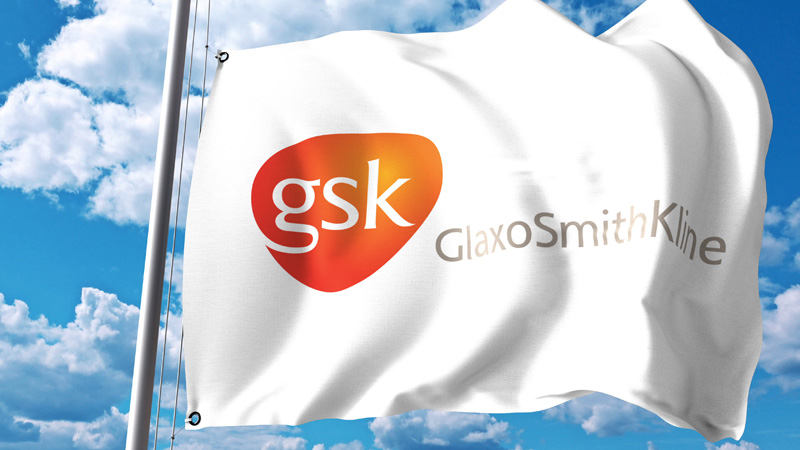Just two years after the feds forced GlaxoSmithKline to pay $750 million dollars for atrocious safety violations in the manufacture of its products, the Big Pharma bad boy agreed to plea guilty to criminal misconduct and pay $3 billion for U.S. Food and Drug Administration violations. The settlement was the result of qui tam lawsuits brought by two former employees who had tried to warn the drug giant that its unlawful conduct would not stand.
Though the whistleblowers faced retaliation and termination, they eventually got the last laugh, along with a huge bounty, since the federal False Claims Act allows plaintiffs who sue on behalf of the government to take a 15 to 30 percent share of the recovery, the eligible portion of which is $1.017 billion of total settlement.
Highlights of the settlement include admissions to criminal violations related to these best-selling drugs:
- Paxil — GSK unlawfully promoted this drug for treating depression in minors without FDA approval. The scheme had agents of GSK preparing, publishing and distributing a phony medical journal article that falsely reported results of a clinical trial, while suppressing two other trials that showed Paxil did not benefit young patients. Then, the company-sponsored lavish promotional events touting the drug for use with children. This behavior is particularly egregious because the company was well-aware that drugs such as Paxil can increase suicidal thinking and behavior in patients under age 18.
- Wellbutrin — Although this drug was only approved for Major Depressive Disorder, GSK promoted Wellbutrin for weight loss, sexual dysfunction, addictions, and ADHD, among other off-label uses. GSK used lavish promotions as well as phony Continuing Medical Education courses to hawk the drug.
- Avandia — Although post-marketing studies showed the drug increased the risk of congestive heart failure and heart attack, GSK failed to report the data to the FDA. The criminal fine for this conduct amounted to more than $240 million.
GSK’s misconduct extended to promoting off-label uses for the drugs Lamictal and Zofran and paying kickbacks to physicians to prescribe a litany of drugs that included all those mentioned above, as well as Imitrex, Lotronex, Flovent, and Valtrex. The company also settled claims of reporting false best prices and underpaying rebates owed under the Medicaid Drug Rebate Program.
The $3 billion settlement set a record. However, critics still complained the drug company had been let off easy when we consider how brazen this criminal conspiracy was and how widespread was the potential harm to patients.
